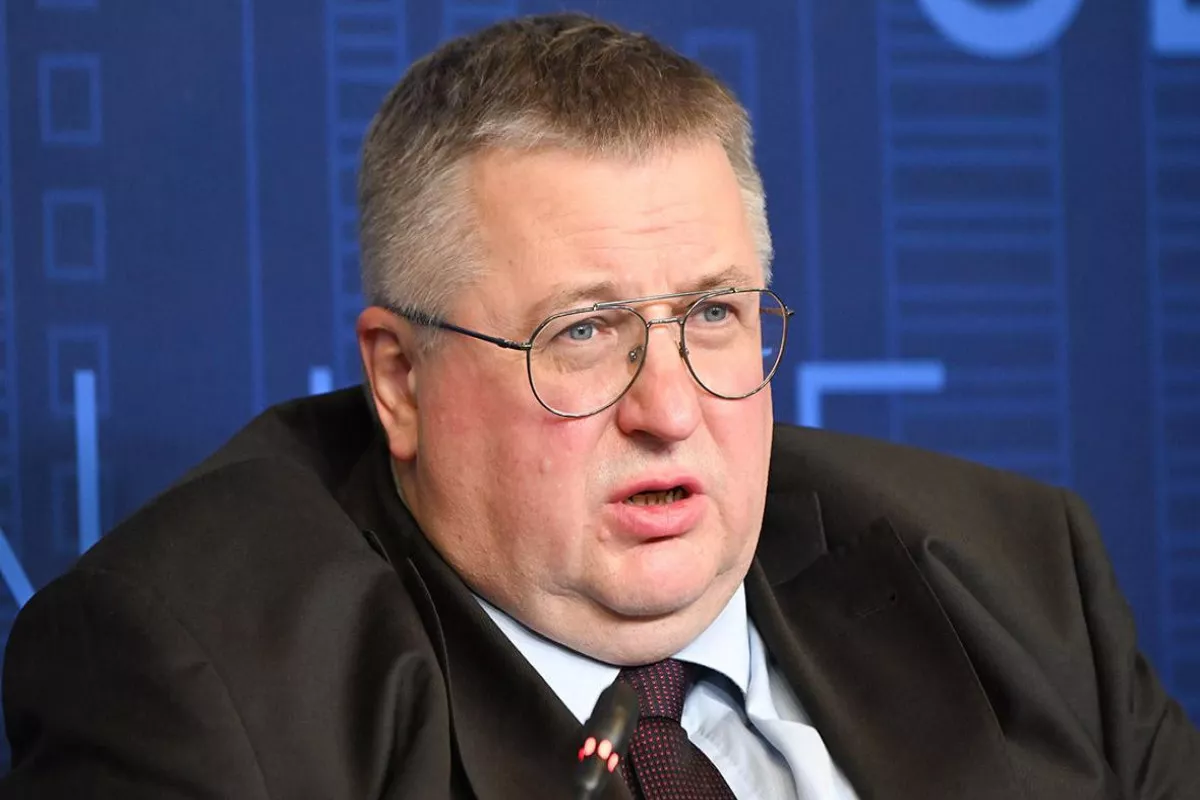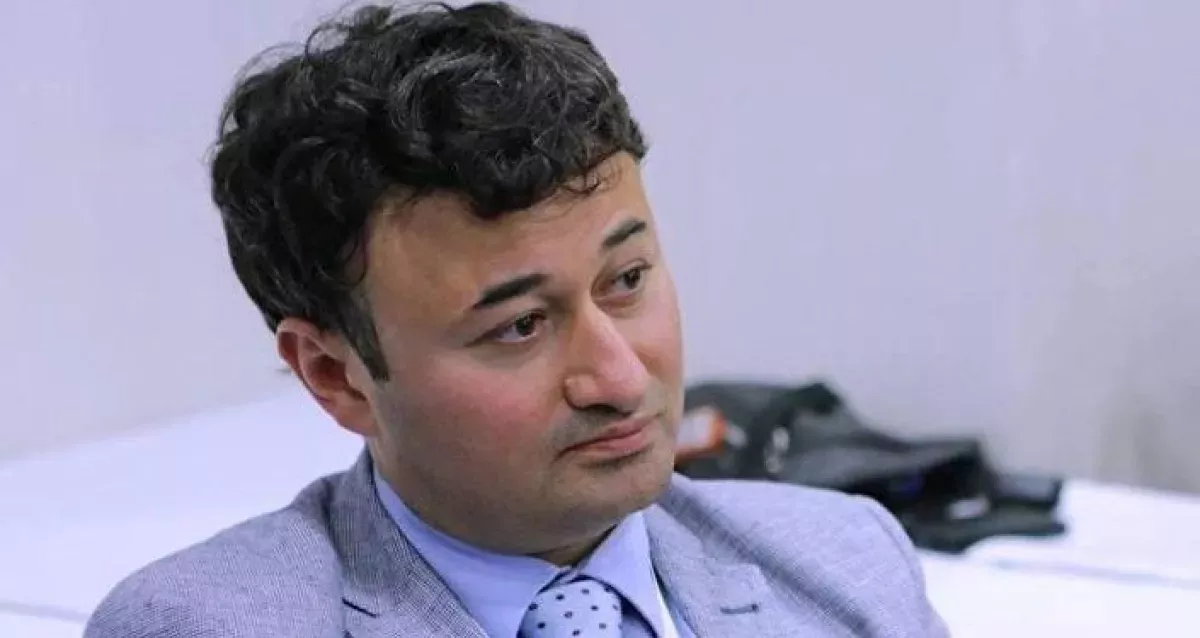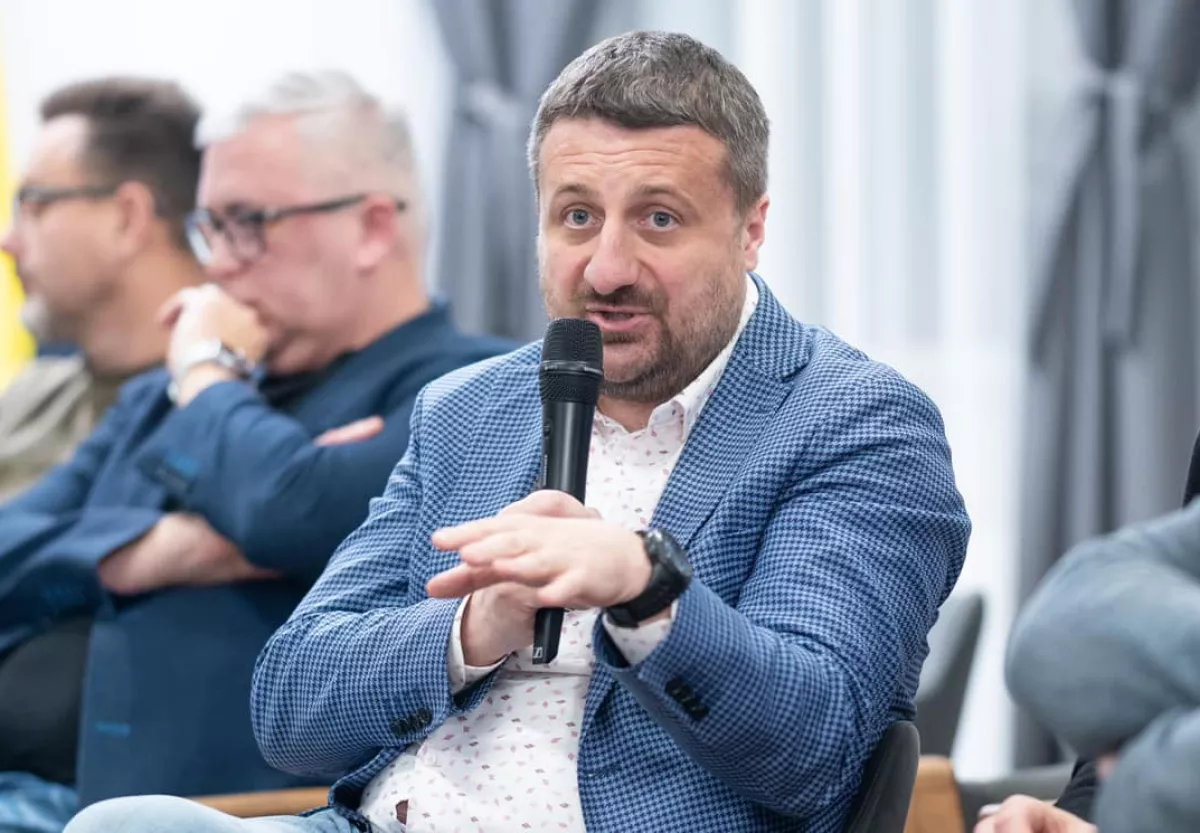Russia values citizen release over accountability for downed AZAL plane Analysts highlight Moscow’s imperial mindset
Russian Foreign Ministry spokeswoman Maria Zakharova stated that a key condition for normalising relations between Moscow and Baku is the release of 13 Russians detained in Azerbaijan.
On the same day, Russian Deputy Prime Minister Alexey Overchuk expressed hope that the Azerbaijani leadership would approach the situation with understanding. According to TASS, he made these remarks to journalists on the sidelines of the Eastern Economic Forum (EEF).

“Regarding Azerbaijan, of course, our primary concern is that our 13 citizens are in Azerbaijan and are being held there. We hope these people will soon return home. We hope that the Azerbaijani leadership will act with understanding to ensure these people are released,” he said.
Overchuk also noted: “In the economic sphere, relations between Russia and Azerbaijan are developing very well. We maintain constant contacts, including active discussions with colleagues on the sidelines of the SCO summit. So economically, our relations are progressing normally, as planned.”
Zakharova and Overchuk spoke in unison about the need for Azerbaijan to return the 13 Russian citizens. It is clear that this is being done on orders from above. At the same time, Moscow has yet to even hint that Russia plans to acknowledge its responsibility for the downing of the Azerbaijani plane and issue a public apology. Yet this is exactly what Russia should do before expecting anything from Azerbaijan. Why does this stubbornness persist? Is Moscow unwilling to normalise relations with Baku?
Caliber.Az asked well-known experts to answer these questions.

Professor Rovshan Ibrahimov, a political scientist at Hankuk University of Foreign Studies (South Korea), noted that Russia’s perception of Azerbaijan resembles the way imperial powers view their former metropoles—places that might still be considered potential colonies or provinces.
“There is this mindset: who or what is Azerbaijan to make demands of Russia? They are completely indifferent to whether Azerbaijan insists on its claims for the sake of justice or legal principles. In their view, Azerbaijan should inherently see Russia as a superior power and ‘know its place.’
Essentially, based on this logic, they hoped the conflict would be resolved even if Azerbaijan’s demands were not met. But that has not happened.
Apparently, the Russian side was counting on a meeting between Presidents Putin and Aliyev in China. Such a meeting could only take place with mutual consent. However, Azerbaijan did not initiate any approach to Moscow, and, as I understand it, the Russian side did not see it as necessary to reach out to Baku either. As a result, a full-fledged meeting did not occur,” the professor emphasised.
According to him, Russia is still seeking points of contact and ways to resolve the conflict, but exclusively on its own terms.
“Here, the format referred to by Overchuk and Zakharova comes into play. It is based on the idea that the conflict can be resolved if Azerbaijan returns the 13 individuals. The Russian side seems offended by Azerbaijan and assumes that if this condition is met, everything will be fine. In reality—this is not the case.
Yes, these 13 people may be released and return home. But this will not resolve the conflict between Azerbaijan and Russia, because Baku has specific demands of Moscow. These demands are clearly defined, and Azerbaijan is not asking for anything extraordinary or impossible from Russia,” Ibrahimov concluded.

Ukrainian analyst and political strategist Taras Zahorodniy expressed doubts that Russia will ever admit to its crimes, noting that the FSB essentially operates as a well-organised mafia-like organisation.
“They will never betray their own and will never acknowledge any crimes. Their entire power vertical, their state, and their sense of morality are built on this. They still consider the former Soviet republics to be inferior to themselves. They do not regard them as equal partners and do not feel accountable to anyone.
We should also remember that in the case of the downed plane, Kadyrov is involved. He is essentially Putin’s personal project. There is Putin, there is Kadyrov, and accordingly, they will never admit to anything,” the strategist emphasised.
According to him, it is pointless to try to rationally explain Moscow’s actions.
“What rational thinking can there be in a criminal organisation built on blood ties? If they were to betray someone or admit to anything, it would mean that other perpetrators might later refuse to participate in crimes. This is pure mafia logic.
Therefore, there is nothing surprising about their stance—in refusing to acknowledge crimes, let alone apologise. They have never felt the need to do so, and have never considered themselves obliged to admit anything,” Zahorodniy concluded.








